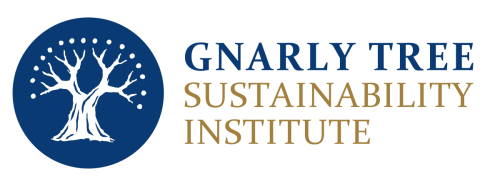Good policy starts with good analysis, design, and communication.
Environmental and Natural Resource Policy
Developing environmental and natural resource policy requires decisionmakers to:
- Characterize the challenge to address and identify potential solutions
- Identify industries and populations that may be affected by new policies
- Choose from policy tools designed to inform and change behavior
- Fully assess the costs, benefits, and distributional and economic effects of alternative policies
- Engage with a broad range of stakeholders
A comprehensive analysis is a critical component of policy development, giving decisionmakers the best possible basis for designing policies and communicating the implications of alternative approaches.
In some cases, such as policies related to the Clean Air Act or the Clean Water Act, many of these analyses are compulsory. In other cases, decisionmakers select the analyses that will be of the greatest value in their policy development process. This process often involves comparing many different policy options to identify the most effective, efficient, technically feasible, and beneficial option.
Our Approach
We tailor our services to our clients’ unique needs and goals and to the context (geographic, political, social) for the policy action. Depending on the developmental stage of the policy at the outset of our work, we can conduct our analyses in concert with instrument design. In other cases, we conduct ex-ante analyses of policies that have already been designed by our clients or mandated by federal or state laws.
GTSI Expertise
The GTSI team has deep and broad experience with all phases of environmental and natural resource policy development. We have supported the development of dozens of environmental policies and regulations at the proposal and final stages, from community-level to international policies. We have extensive experience monetizing economic and distributional impacts of a wide variety of environmental policies and programs, including air and water quality regulations. We employ a unique, principled approach to policy instrument choice and design for a broad range of applications, from global greenhouse gas mitigation in developing nations to nonpoint source water pollution management in the United States and Europe and from plastic bag regulation in Singapore to renewable energy dissemination in Asia.

